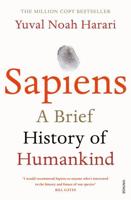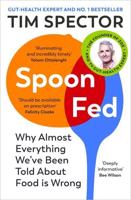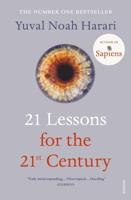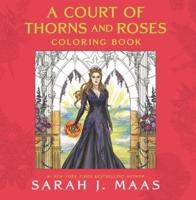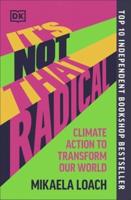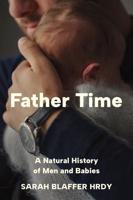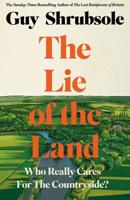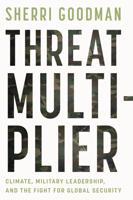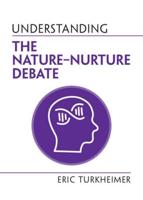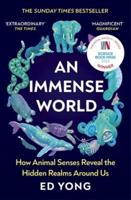Publisher's Synopsis
This book presents an original study on how contemporary artists are exploring urban spaces through mapping. Despite a long history of representations of cities in maps, and the relationships that can be envisaged between art maps and cities in the contemporary world, little research is dedicated to investigating how artists intervene in the realm of urban cartography. The research examines a century-old history of art maps and draws on academic debates challenging traditional notions of maps as scientific artefacts produced through accurate measurement and surveying. The potential of art maps to construct personal narratives, through contestation, embodiment and play, is analysed in the city context, where spaces are shaped by urban planning and design, political ideologies and socio-economic forces. Adopting an exploratory and interpretative research approach that investigates the confluence of theories originated in different domains, this book conducts the reader todiscover what artistic practices can bring into a more creative, while inquisitive, understanding of cities. A series of semi-structured interviews with visual artists, enquiring how they apprehend, process and re-create urban spaces in artworks, explores cartographic process and methods in visual art practices in the twenty first century, which incorporates digital technologies and critical thinking.


